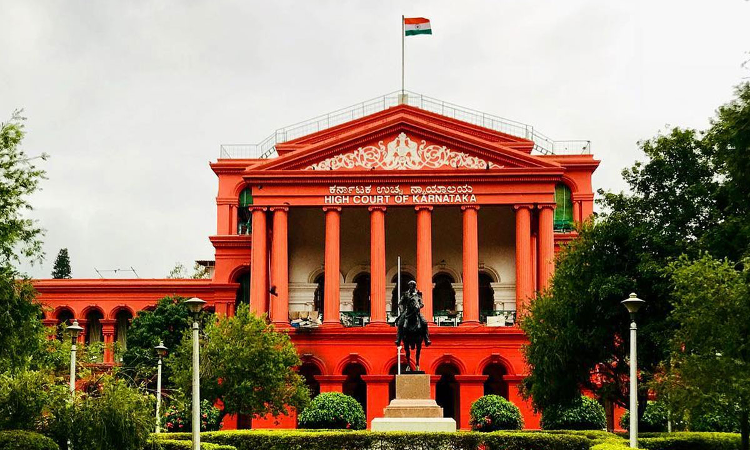The Karnataka High Court on Monday issued notices to the Union and State Government on a suo-motu petition for guidelines to be followed while determining issues of child custody. A division bench of Chief Justice Prasanna B Varale and Justice Krishna S Dixit directed the respondents to file their reply within 3 weeks and also permitted amicus curiae Dhyan Chinnappa to file any suggestion to...

